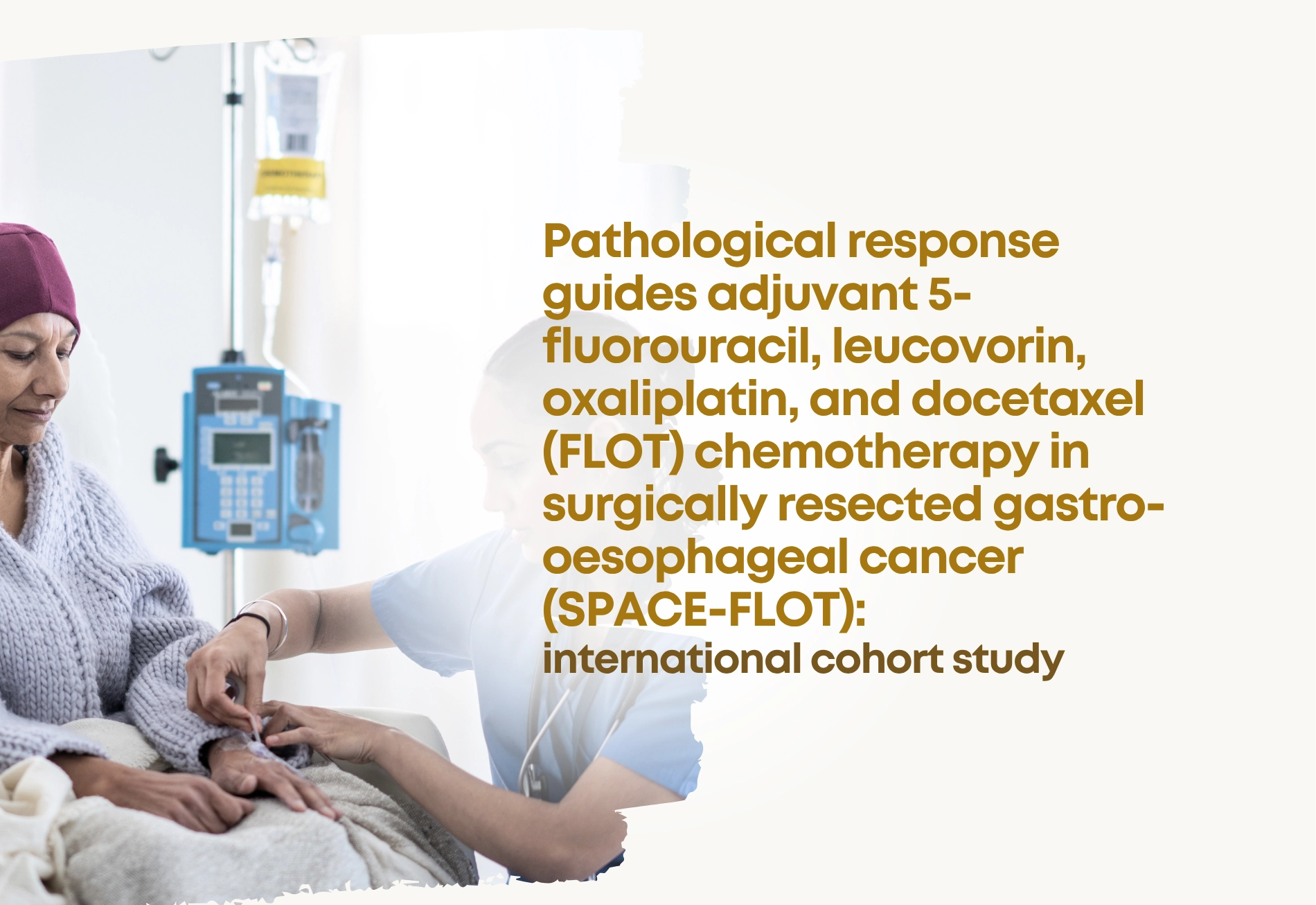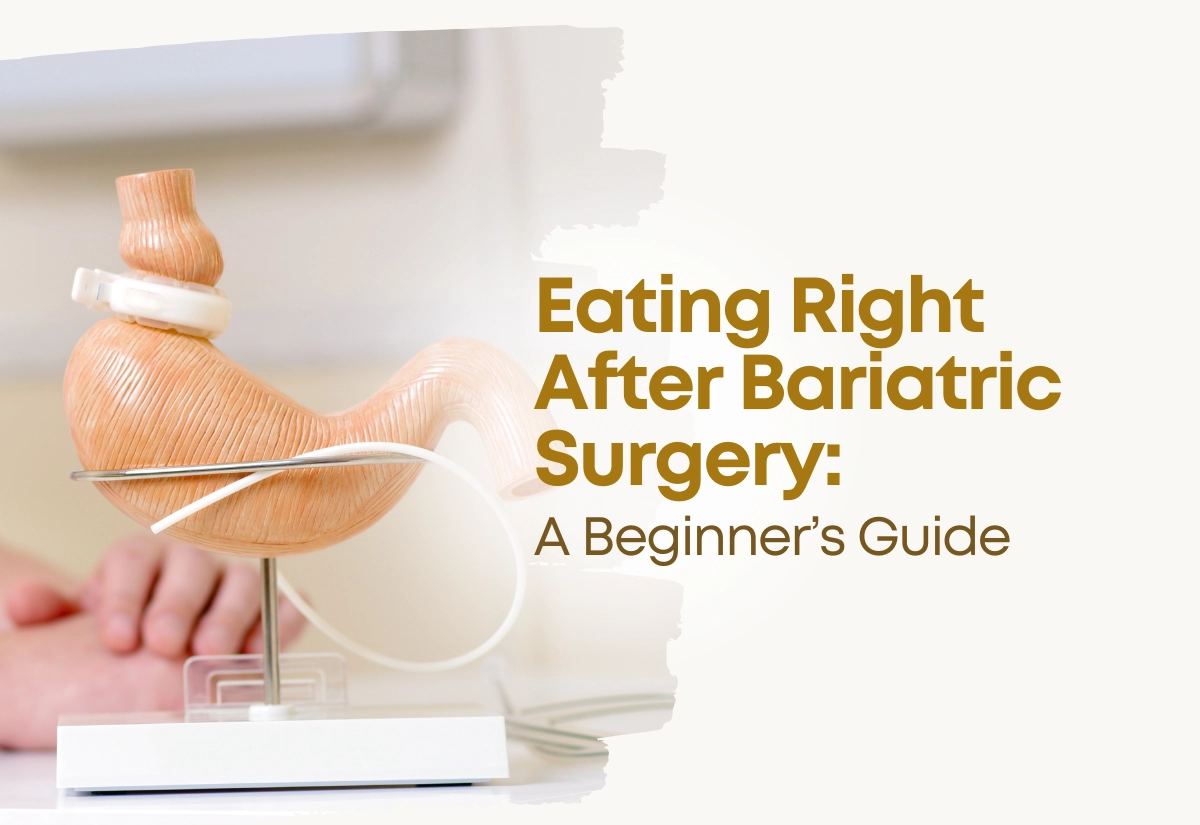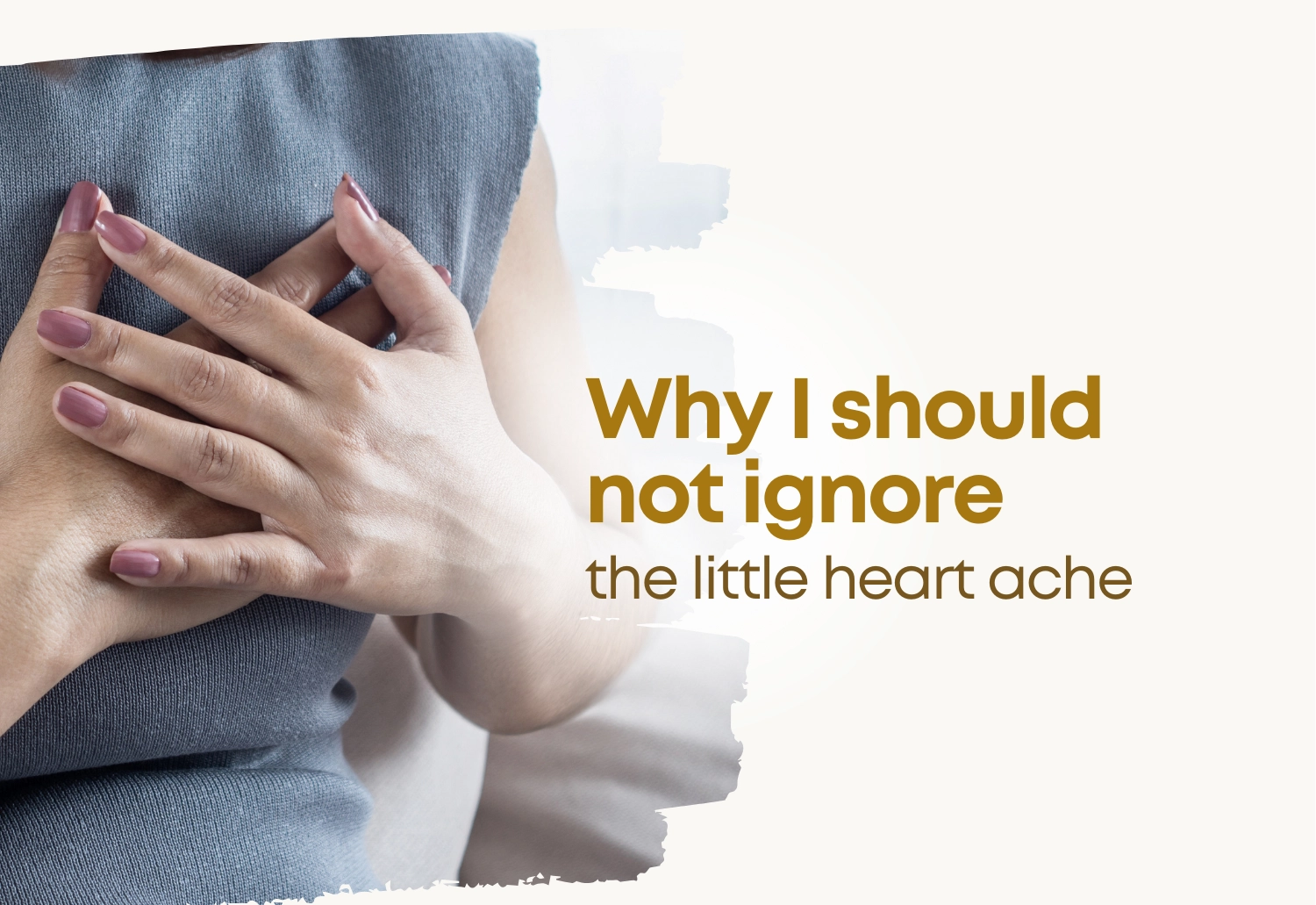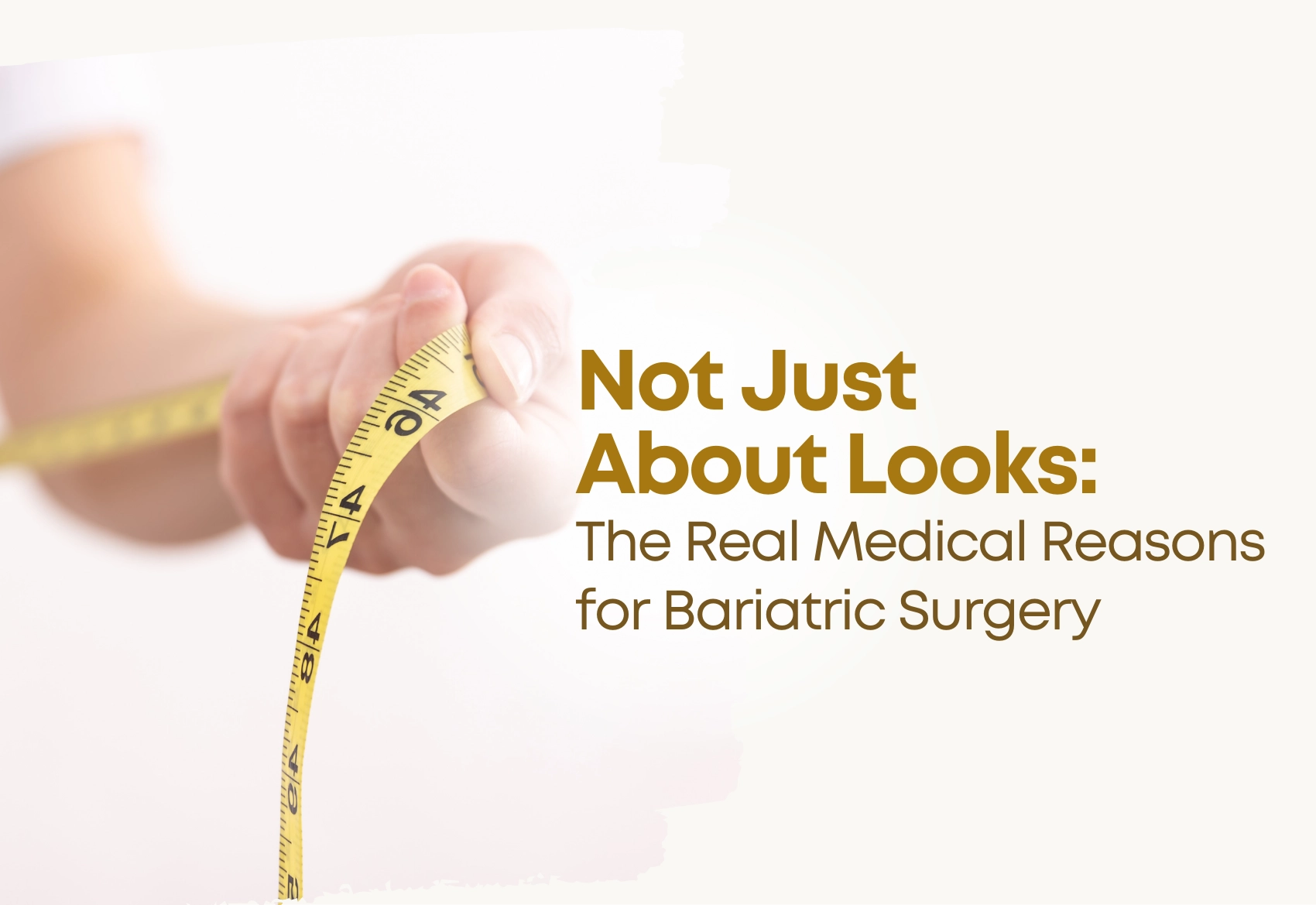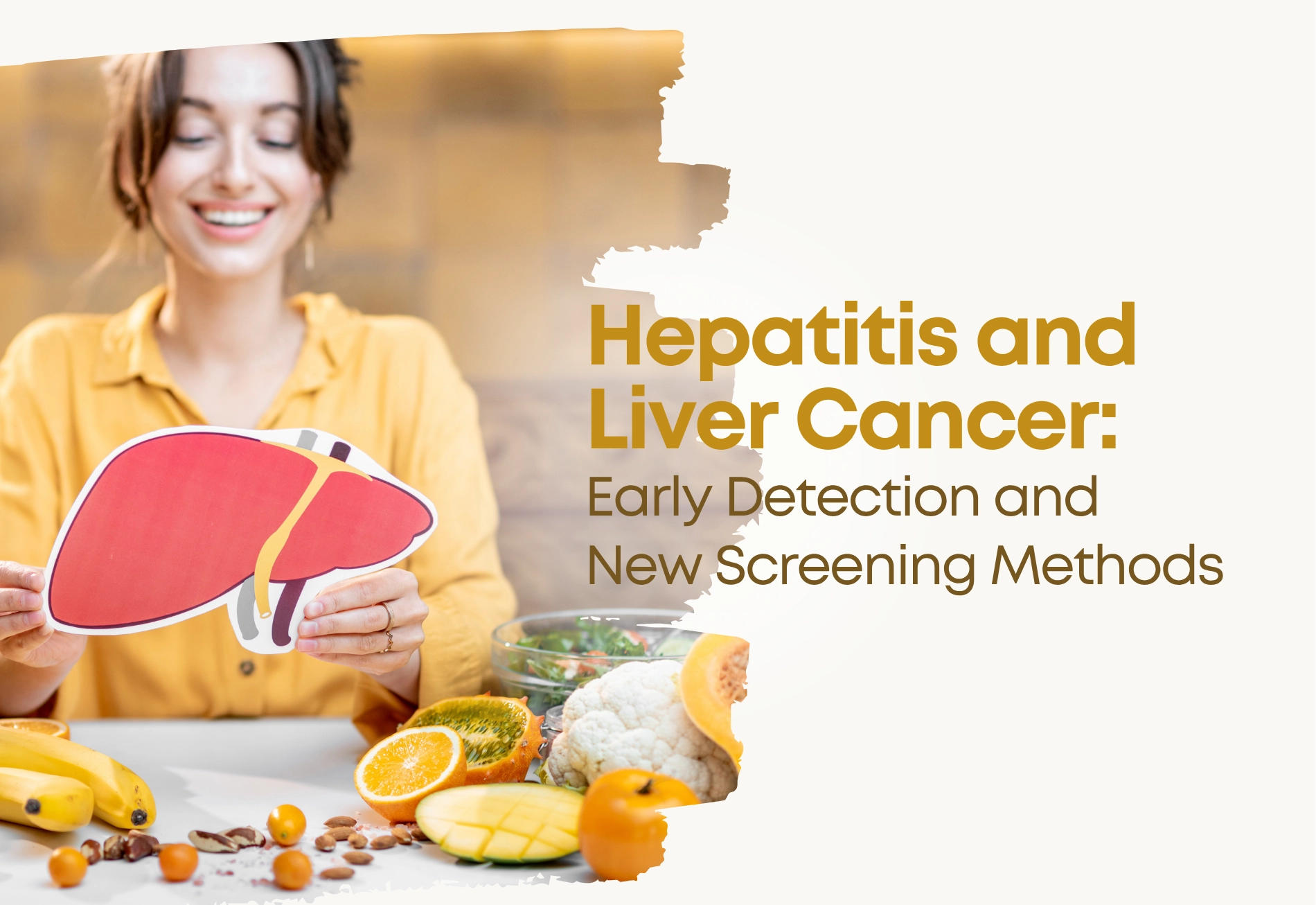
Hepatitis and Liver Cancer: Early Detection and New Screening Methods
By Dr Sooi Choong Yeong, Gastroenterologist and Hepatologist
1. Why Early Detection Matters
Catching hepatitis or liver cancer early can save your life. When found early, liver problems can often be treated or controlled before they get worse.
Early detection means:
- More treatment options for curative
- Better chance of full recovery and improved survival.
- Lower risk of cancer spreading
Many people don’t feel sick in the early stages of liver disease — that’s why regular check-ups are important.
2. Why Screening Is Important
Screening means checking your liver before symptoms appear.
If you have:
- Hepatitis B or C
- A family history of liver cancer
- Diabetes, obesity, or heavy alcohol use
You should do liver screening every 6 to 12 months.
Common screening tools:
- Blood test-to check for liver function or virus levels
- Liver Ultrasound -to see if your liver looks healthy
3.What’s New in Screening?
Modern screening is getting faster, safer, and more accurate:
New innovations include:
- FibroScan – A painless scan that detects fatty liver and measures liver stiffness (for scarring or cirrhosis)
- Advanced blood markers – Can detect liver damage or cancer early.
4. What Can You Do If You Have Hepatitis?
Don’t panic. Hepatitis can be managed or even cured in many cases.
Here’s what to do:
- Follow up regularly with your doctor
- Take medication as prescribed (especially for hepatitis B or C)
- Avoid herbal medications/drugs which can harm your liver
- Avoid alcohol and protect your liver
- Eat a healthy diet and maintain a good weight
- Encourage family members to get tested, if needed
Conclusion
Liver diseases don’t always show symptoms early. But with regular screening and early detection, you can protect your health, get the right treatment early, and live a longer, healthier life.

